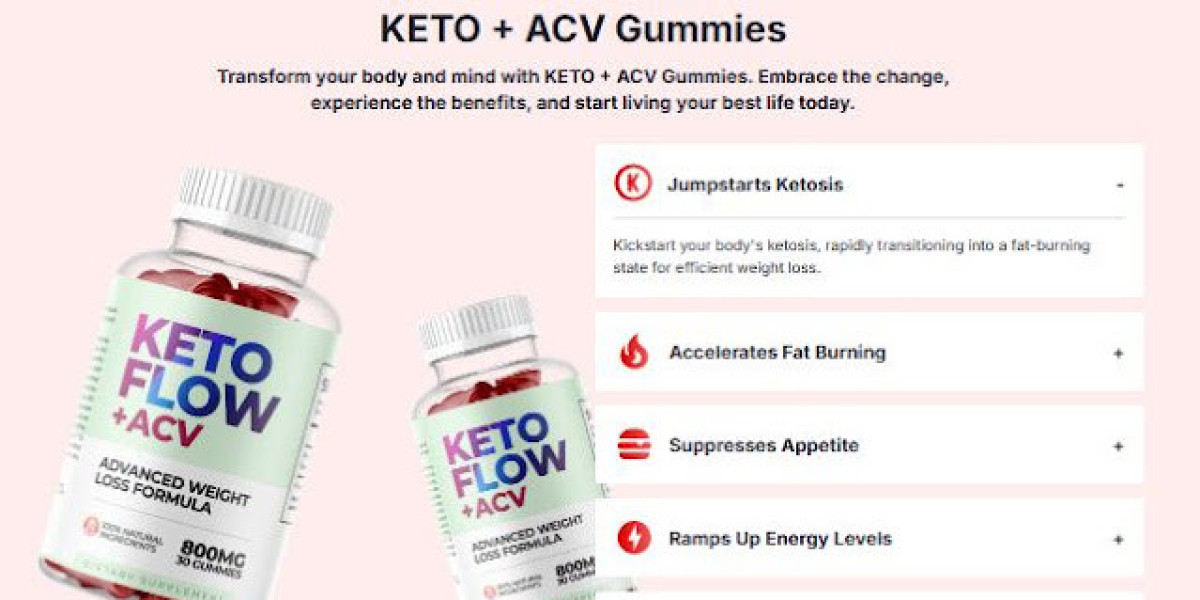Most people breathe in and out quite effortlessly, whereas those suffering with chronic respiratory diseases tend to find almost every breath challenging. Diseases, such as Chronic Obstructive Pulmonary Disease, asthma, pulmonary fibrosis, and other forms of lung disorders, cause damage to the lung and, over time, tend to lead to decreased lung functioning, decreased exercise capacity, and significantly reduced quality of life. Pulmonary rehabilitation provides a broad-based approach towards addressing these impairments, bringing overall improvement to well-being while helping patients assume control of their lives.
What is Pulmonary Rehabilitation?
Pulmonary rehabilitation is an all-inclusive, multidisciplinary intervention intended to enhance the physical and psychosocial well-being of individuals with chronic respiratory diseases. Combining exercise, education, breathing techniques, and psychosocial support, it empowers patients with the skills and knowledge needed to manage their conditions better.
The following are the main elements at the heart of pulmonary rehabilitation:
Comprehensive Assessment
Each program will be started after conducting an elaborative review regarding the medical history and the patient’s physical condition plus any specific barriers. In that way, it may provide maximum outcomes as the requirements are specific in every individual.
Exercise Training
Pulmonary rehabilitation exercise consists of personalized regimens that contain exercises like cycling, walking, and strength building, designed for the enhancement of cardiovascular fitness along with muscular and general endurance strength.
Breathing Techniques
Patients are taught strategies such as diaphragmatic breathing and pursed-lip breathing, which help with increased oxygen uptake and relief from shortness of breath, thus helping patients manage their symptoms.
Educational Sessions
Knowledge is power, especially in chronic conditions. Patients learn the disease, how they should be using medicines for best results, importance of nutrition, and ways to recognize and prevent episodes of poor symptom control.
Psychological and Emotional Support
Chronic respiratory diseases often take an emotional toll. Anxiety, depression, and feelings of isolation are common. Pulmonary rehabilitation includes counseling and support groups to address these challenges, fostering a sense of community and emotional resilience.
Nutritional Guidance
Proper nutrition plays a critical role in managing respiratory health. Education about balanced diets and the role of specific nutrients helps patients maintain optimal energy levels and lung function.
The Pulmonary Wellness Boot Camp: Virtual Solutions for Better Breathing








